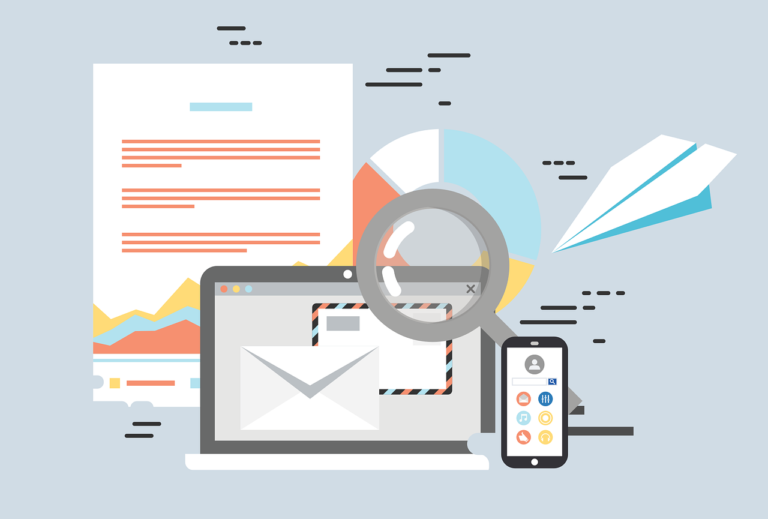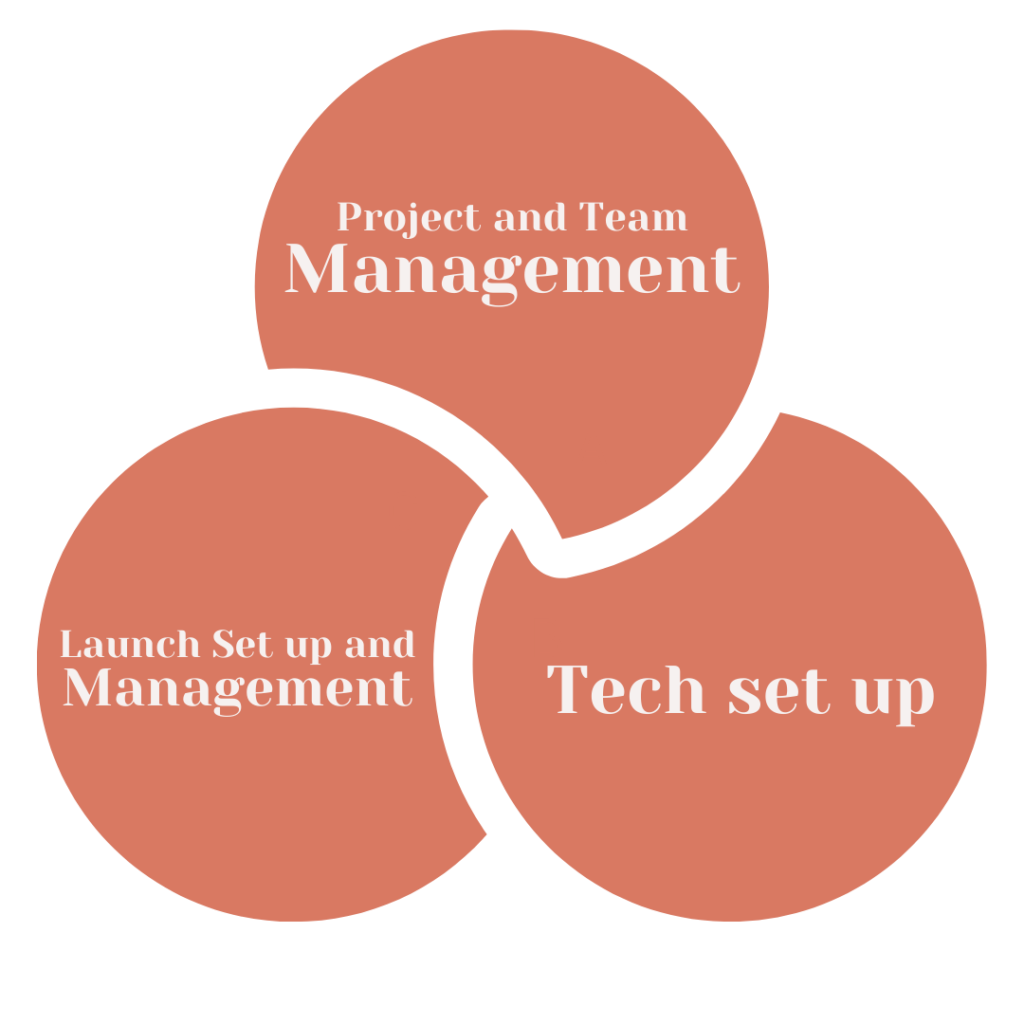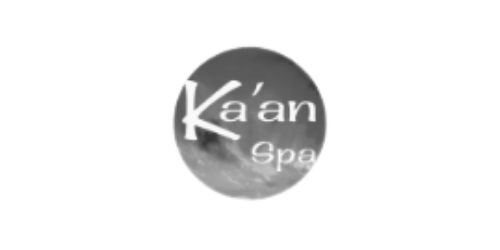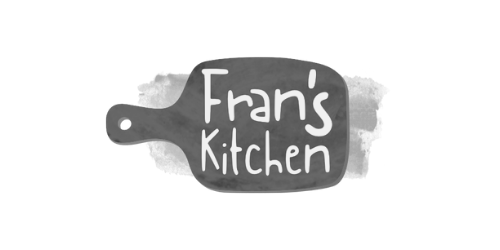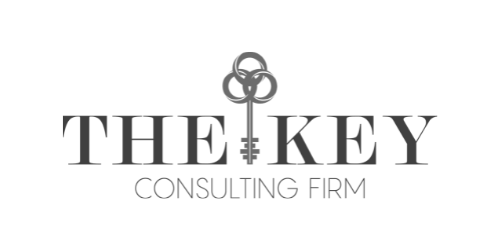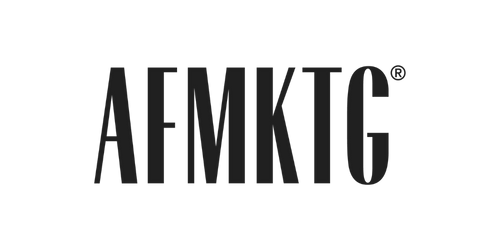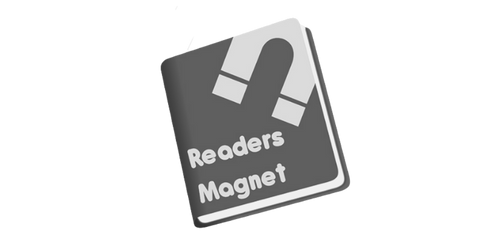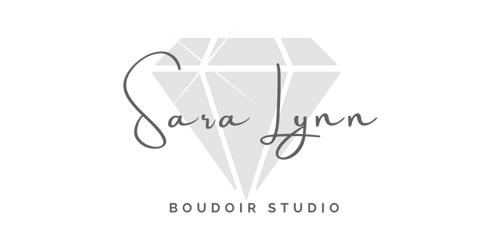Email communication is an integral part of our daily work routine. It’s one of the most convenient and reliable ways to communicate with colleagues, clients, and other professionals. However, it’s not just about sending emails; it’s about sending emails that are clear, concise, and professional. In this blog post, we’ll explore how you can upgrade your email language and impress like a boss.
- Upgrade “I think maybe we should” to “It’d be best if we…”
When suggesting a course of action, it’s better to use assertive language. Instead of sounding unsure or hesitant, use language that reflects confidence and authority. For example, instead of saying, “I think maybe we should,” say, “It’d be best if we…”
- Upgrade “Just wanted to check in” to “Where can I expect an update?”
The phrase “Just wanted to check in” can come across as passive and weak. Instead, try to use language that conveys a sense of purpose and urgency. For example, say, “Where can I expect an update?” This language sounds more assertive and shows that you’re interested in keeping the project moving forward.
- Upgrade “What works best for you?” to “Could you do…?”
When scheduling a meeting or asking for someone’s availability, avoid using passive language like “What works best for you?” Instead, try to be more direct and use language that is more specific. For example, say, “Could you do Tuesday at 2 pm?”
- Upgrade “Ah, sorry my bad, totally missed that” to “Nice catch, updated, thanks for letting me know”
When acknowledging a mistake or oversight, it’s essential to use language that shows accountability and responsibility. Instead of apologizing, acknowledge the other person’s contribution and thank them for bringing it to your attention. For example, say, “Nice catch, updated, thanks for letting me know.”
- Upgrade “No problem, no worries” to “Always happy to help”
When someone thanks you for your help or assistance, it’s better to use language that is more appreciative and positive. Instead of saying, “No problem” or “No worries,” say, “Always happy to help.” This language sounds more enthusiastic and grateful.
- Upgrade “Hopefully that makes sense?” to “Let me know if you have any questions”
When concluding an email or explaining a concept, avoid using language that implies uncertainty or doubt. Instead, use language that encourages feedback and questions. For example, say, “Let me know if you have any questions.” This language sounds more confident and open-minded.
By using assertive language, avoiding passive language, acknowledging mistakes, being grateful, and using language that encourages feedback, you can take your email communication to the next level. Practice these tips and watch your professional relationships and communication skills thrive.
If you want to take a step further, why don’t you try my 6 questions to read your client’s minds and land your next client? CLICK HERE
